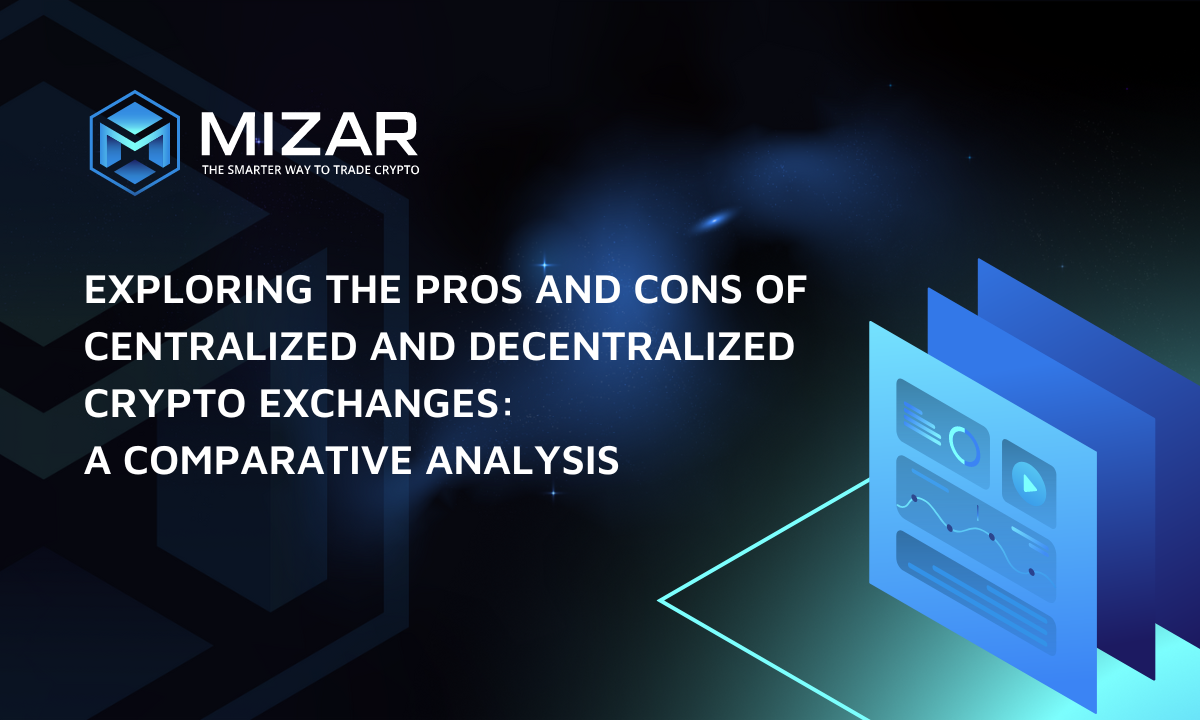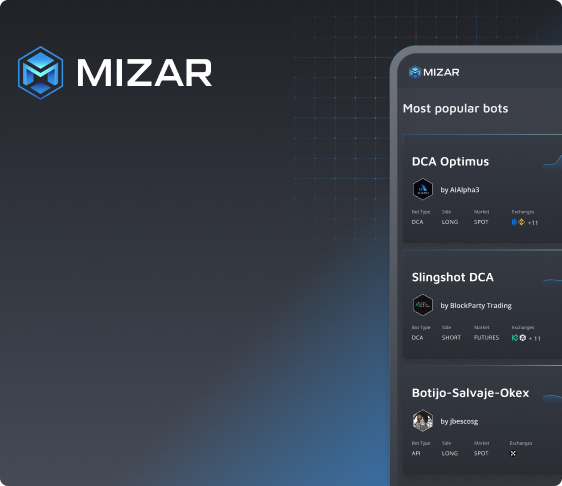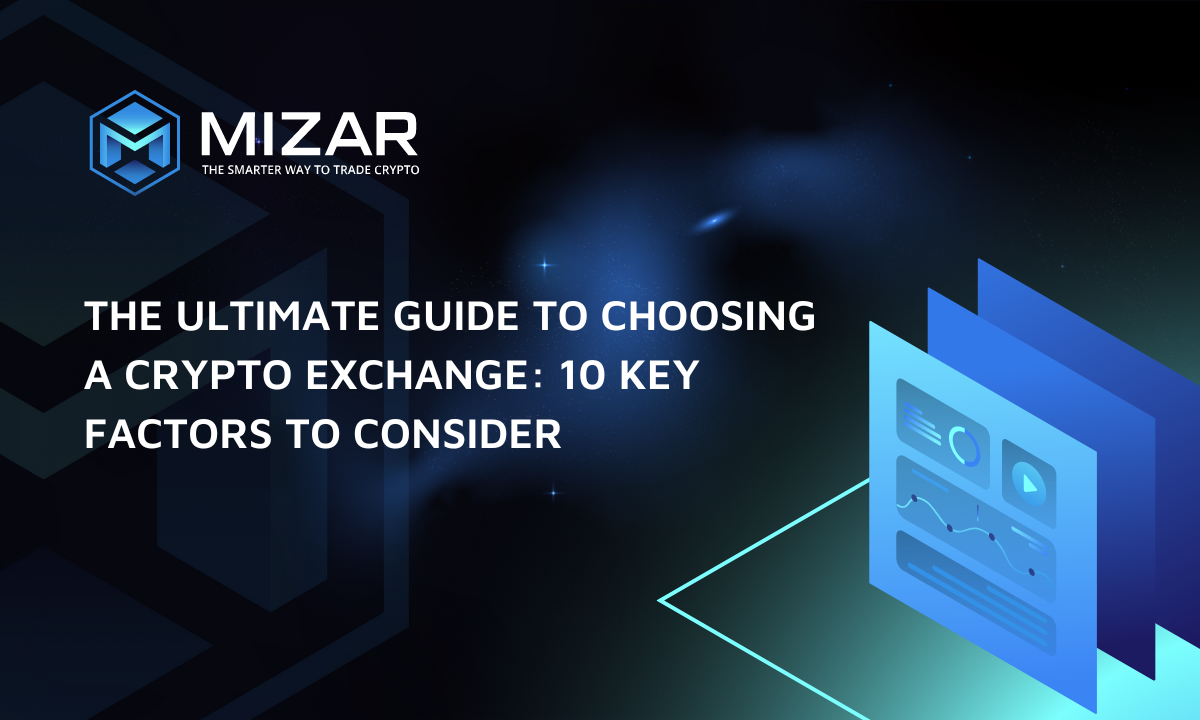The Pros and Cons of Centralized and Decentralized Crypto Exchanges

Your friend might be talking all about cryptocurrencies and how they bring windfall gains to investors. But did he or she tell you how and where to buy the said cryptocurrency? Surely, you cannot go to your bank and buy BTC, ETH, or any other coin. Cryptocurrencies have to be bought and sold through a crypto exchange. You can choose between two types of crypto exchanges: centralized exchanges (crypto cex) and decentralized exchanges (crypto dex). Out of the two, centralized exchanges are more popular, but they are not infallible and have several loopholes. These exchanges provide the user with better control over their assets in comparison to a traditional bank. A decentralized exchange aims to nip these gaps and provide crypto investors with a new way to buy and sell cryptocurrencies with better security and higher transparency. Furthermore, decentralized exchanges are less intrusive and do not charge exorbitant fees from the users. We will be comparing DEX vs CEX in the following sections, so stay tuned for more insights.
What is a Centralized Exchange?
A Centralized exchange is a platform for trading cryptocurrencies that serve as an intermediary between buyers and sellers of digital assets. These exchanges store the user’s data on dedicated servers and are responsible for securing this data along with ensuring seamlessness on the platform. In essence, these exchanges are similar to banks.
Hence, centralized cryptocurrency trading exchanges work as an intermediary between buyers and sellers. Just as a bank offers different features and functionalities, a centralized exchange also offers the same in accordance with the crypto market. However, they charge fees and commissions for the services provided.
Pros and Cons of a Centralized Exchange
Pros | Cons |
These exchanges are built to be intuitive and boast exciting features for the users. | There is a lack of control in the hands of the user. The third-party operator has the maximum control. However, there is a workaround: users can store their assets in cold wallets to get better control over assets. |
A centralized crypto exchange has better liquidity as the users can make quick transactions after taking inspiration from the market forces and trends. | There are fees attached to every transaction on a centralized exchange. |
Centralized crypto exchanges are faster, and every transaction is completed in milliseconds where transactions can be done globally, whereas banks require several days. | Centralized exchanges are not transparent as they don’t openly share their reserves. |
Centralized exchanges have dedicated customer service departments tasked with assisting users in resolving any issues that might arise. |
Some examples of centralized exchanges include Huobi, OKX, WooX, KuCoin, Binance, Coinbase PRO, Bybit, and Crypto.com
What is a Decentralized Exchange?
A decentralized crypto exchange (DEX) offers similar functions and services but without the intervention of a third-party entity. All the funds are stored in the blockchain, and peer-to-peer (P2P) trading takes precedence in this exchange over others. Although these exchanges are not popular, they are emerging as better alternatives to centralized exchanges due to the flexibility and transparency provided. One of the reasons for the popularity of a centralized exchange is that these exchanges present a system that people all over the globe trust.
A crypto DEX exchange uses an automated market maker or the Order Book system to determine the price of the crypto assets traded on the platform. Automated Market Makers (AMMs) function like a transparent entity within the DEX system that allows buyers and sellers to exchange cryptocurrencies with ease. They are called money robots, a different approach from the Order Book system, where a buyer and seller interact directly on the decentralized exchange.
Pros and Cons of Decentralized Exchanges
Pros | Cons |
Decentralized exchanges are highly secure because all the information is stored on the blockchain, which is immutable and transparent. Hence, there is less price manipulation or fake trading volume. | One of the cons of a decentralized exchange is the lack of features and intuitiveness on the platform. |
The users have full control over their assets on decentralized crypto trading platforms. This means there’s less risk of hacking. | Decentralized exchanges use the Order Book system, which takes time because it requires a buyer and a seller to match orders before exchanging cryptocurrency. |
There are no fees involved in a decentralized exchange, but there might be gas fees that users have to pay, which are based on the Gas Limit and Gas Per Price Unit. | Decentralized exchanges do not have a dedicated customer service system. If a user is stuck or needs assistance, they have to rely on the information shared by other users. |
Some examples of decentralized crypto exchanges include Uniswap, PanCakeSwap, and Kyber.
Conclusion
When comparing Centralized vs Decentralized, consider things like your control over assets, the number of cryptocurrencies you can trade, and the intuitiveness of the dashboard. The decentralized exchange cryptocurrency trading system requires more expertise / more knowledge to use. The interface is not as straightforward for beginners. Centralized crypto exchange trading is easier and more efficient, but it comes with the risk of sharing data with third-party servers, which are more susceptible to being hacked. However, the risks can be partly mitigated by using cold wallets and gaining control over your assets. A smart move could be to stick with centralized exchanges until decentralized exchanges become more intuitive and user-friendly.
Mizar wants to make crypto trading accessible and convenient for everyone. This next-generation trading platform allows its users to trade by creating bots or copying other traders’ portfolios without any hassle and gain profitable results. The innovative platform and trading tools make investments and capital allocation easier. At present, various centralized crypto exchanges are available on Mizar, including Binance, KuCoin, OKX, Coinbase PRO, Bybit, Huobi, MEXC, WOO X, and Crypto.com. As time goes on, more DEXs will be added, and eventually, DeFi will be integrated into all crypto transactions. Join Mizar today to access innovative ways for crypto trading.

